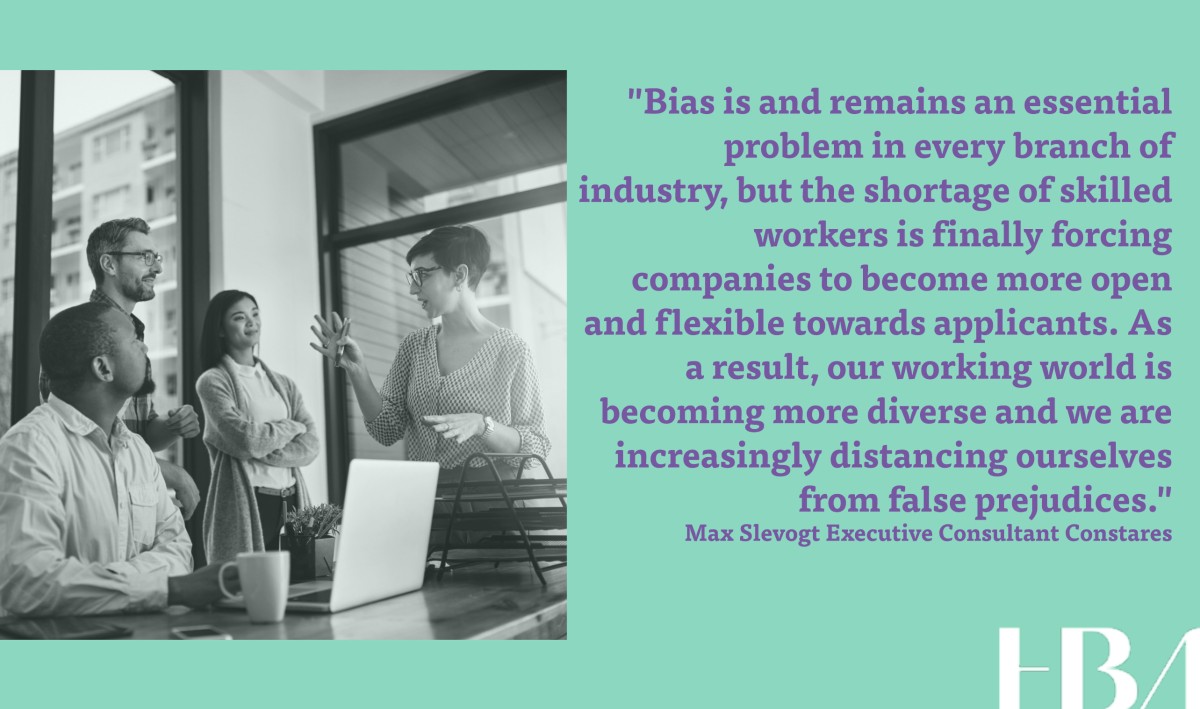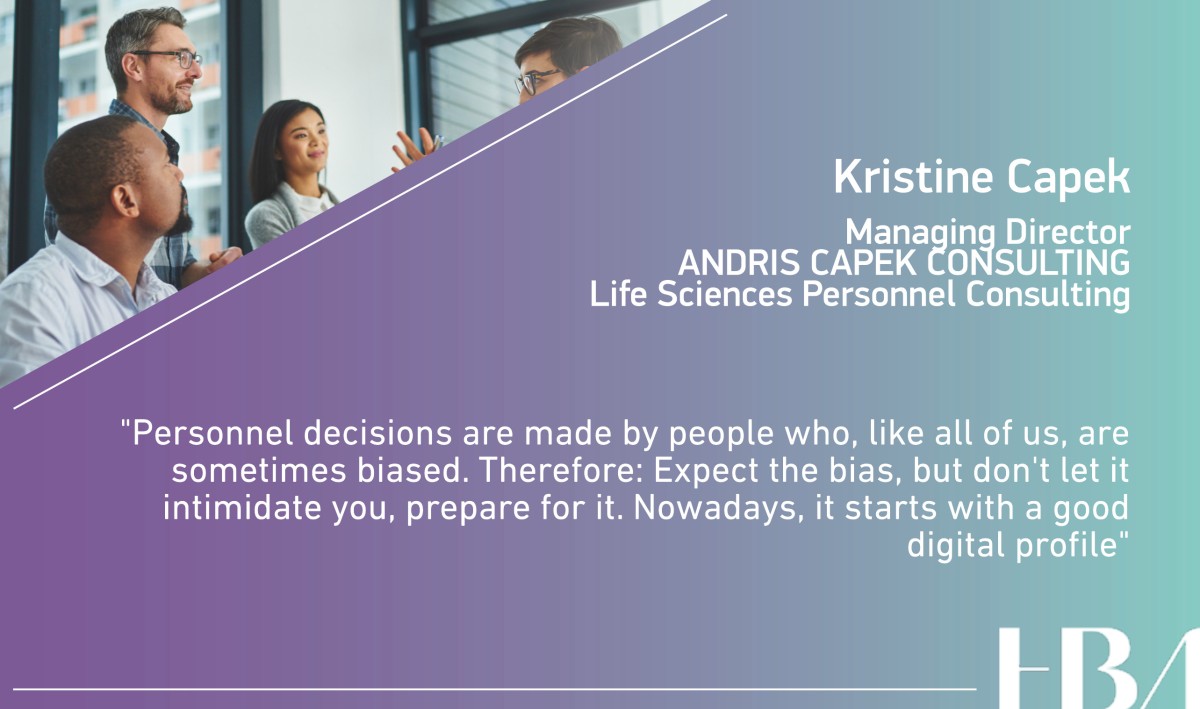Raising the Next Generation Without Bias – Careers of the Future

Unconscious Bias - have you heard this term before? It refers to unconscious thought patterns that shape all of us. For example, we see a person and put him or her directly into a drawer. Unfortunately, not always into the right one. In recruiting, this can lead to significant wrong decisions. We provide tips on how you can avoid them.
Here are some examples of common stereotypes*:
- Older applicants are often not considered to be as capable as younger applicants and are sorted out prematurely. 40 percent of the people we surveyed within the EU believe that such discrimination is widespread in their country.
- Women's work performance is often unconsciously valued less than men's, which translates into poorer job opportunities and lower salaries. In any case, according to Monster's research, only 58 percent of female candidates feel they are paid a fair salary. This is in contrast to 70 percent of male respondents.
- 37 percent of Europeans also think a candidate's skin color is a disadvantage when looking for a job.
- Gender identity also often results in a negative evaluation of a talent. In any case, within the EU, only 51 percent of transgender applicants pursue paid employment, compared to 69 percent of the general population. It is possible that unconscious fear of contact plays a role here.
- For a similar reason, disabled people also have a harder time finding a job, according to 41 percent of Europeans.
If you or your children or friends are currently looking for a new job, how can you deal with the fact that there are prejudices and bias of other people and how can you react to them? Is a photo affecting and how does our appearance, our history, and possibly also our gender and origin affect the assessment by HR employees?
And here it starts. Should or may you include a photo in your CV? That depends on where you are applying. To prevent the bias caused by liking or not liking pictures, in the USA for a job application a photo in the CV is not allowed anymore. In Germany, if you send a CV without a picture of yourself to a headhunter or HR specialist, it will probably not be forwarded. And even if you don't send a picture, people might search for you on social media platforms.
It is best to find out what is customary in the locality and seek support if necessary. For example, take part in an HBA application training. Once you overcome the first hurdle of the application, the interview follows. The interview is to present yourself as the best fit for the job and show interest in the company/job position. Find out beforehand what are the key values of the company, prepare and ask questions and report on the things that are important to you in relation to the job.
When people match, sympathies automatically arise. If you enter an environment where not everyone is like you or you don´t feel comfortable, you have to score especially with your authenticity and words. Diverse teams bring a wide variety of perspectives and often develop more creative ideas and solutions to challenges. Due to the diversity of perspectives, they are also generally better able to adapt to different target groups and markets, changing perspective is a process.
Many big companies have different dedicated diversity working groups, for example, to strengthen women in leadership positions or drive inclusion. This might help to make bias aware and to avoid discrimination.
Many companies like Sanofi, Takeda, and Pfizer already have internal workstreams for Diversity & Inclusion.
Here are some final recommendations to avoid bias in the hiring process for the companies:
- Use bias-free language in job postings.
- Think about "blind hiring."
- Standardize your job interviews
- Don't conduct job interviews alone
- Establish objective evaluation criteria
- Be critical of your own evaluations.
Quote from Max Slevogt, Executive Consultant, Constares:

Quote from Kristine Capek, Managing Director, Andris Capek Consulting - Life Sciences Personnel Consulting:
- "Like a book cover, a resume is what decides whether or not someone will engage with your story. So make sure you present your experiences in the best possible light. An impressive career doesn't sell itself."
- "If you want a job, then prepare yourself for the interview situation and your interviewers. Because a good CV does not sell itself. Be aware of your skills and communicate them."

*Monster's Europe-wide report "Diversity, equality and inclusion - how to define an inclusive hiring strategy"